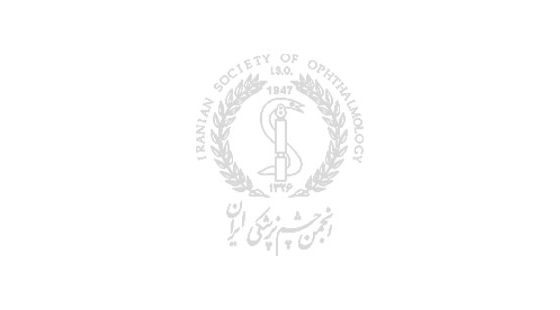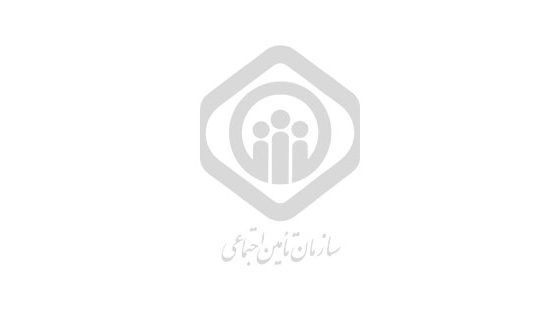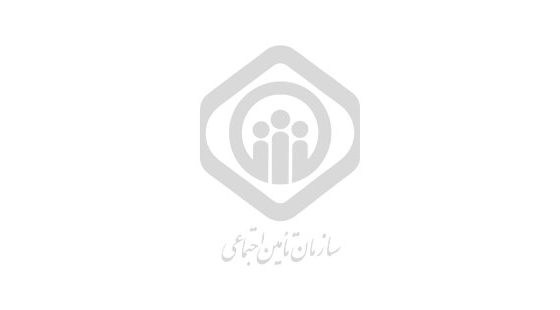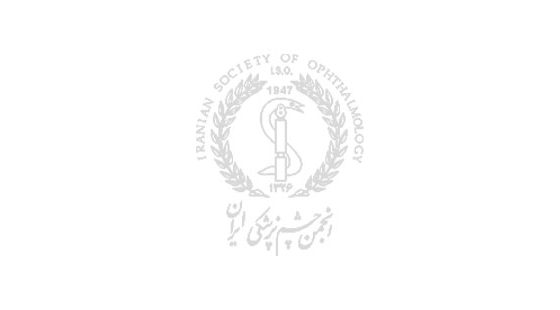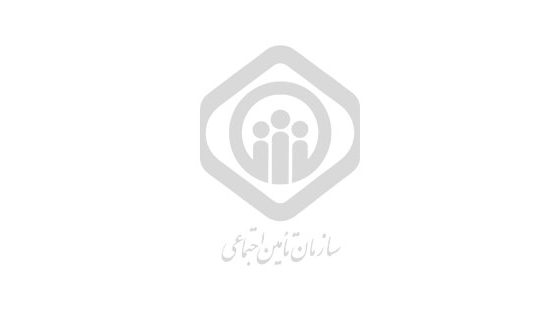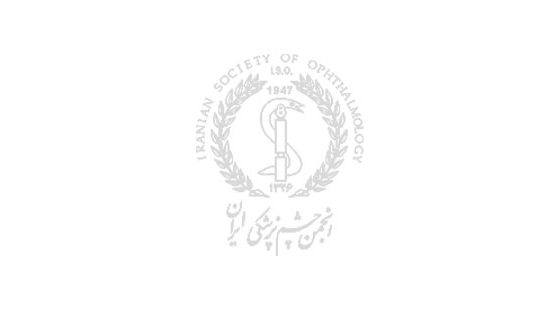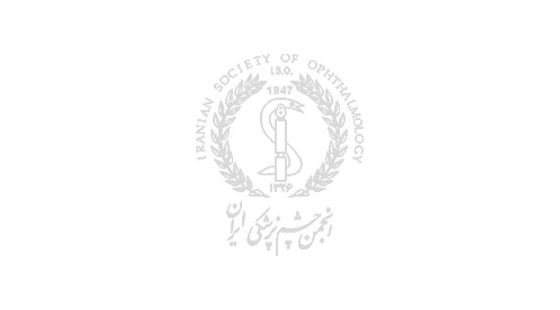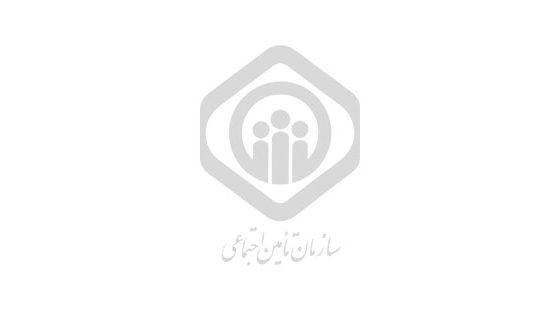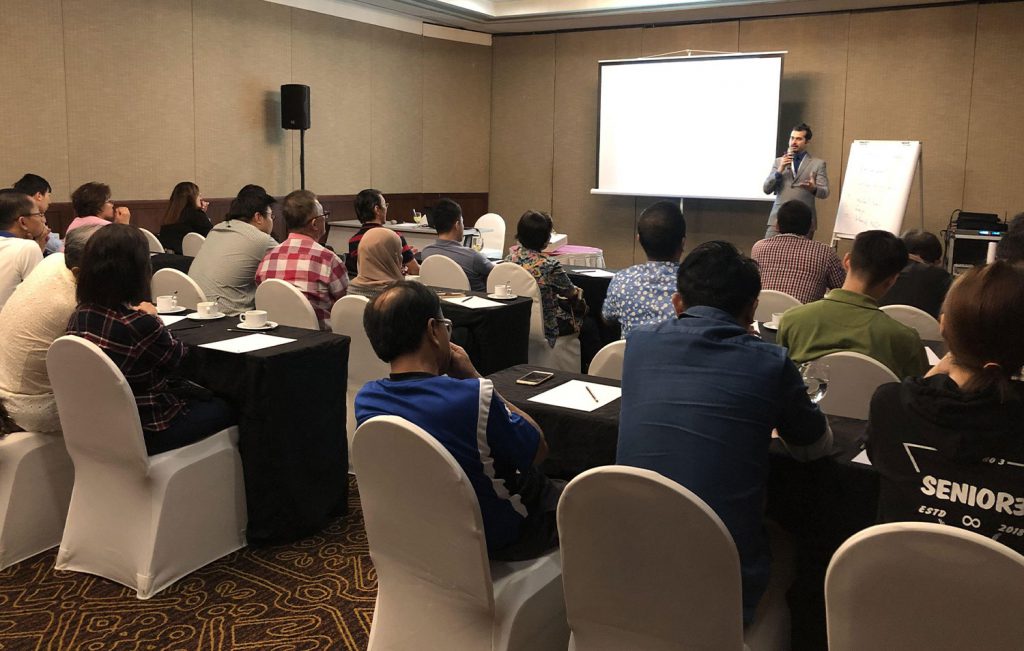
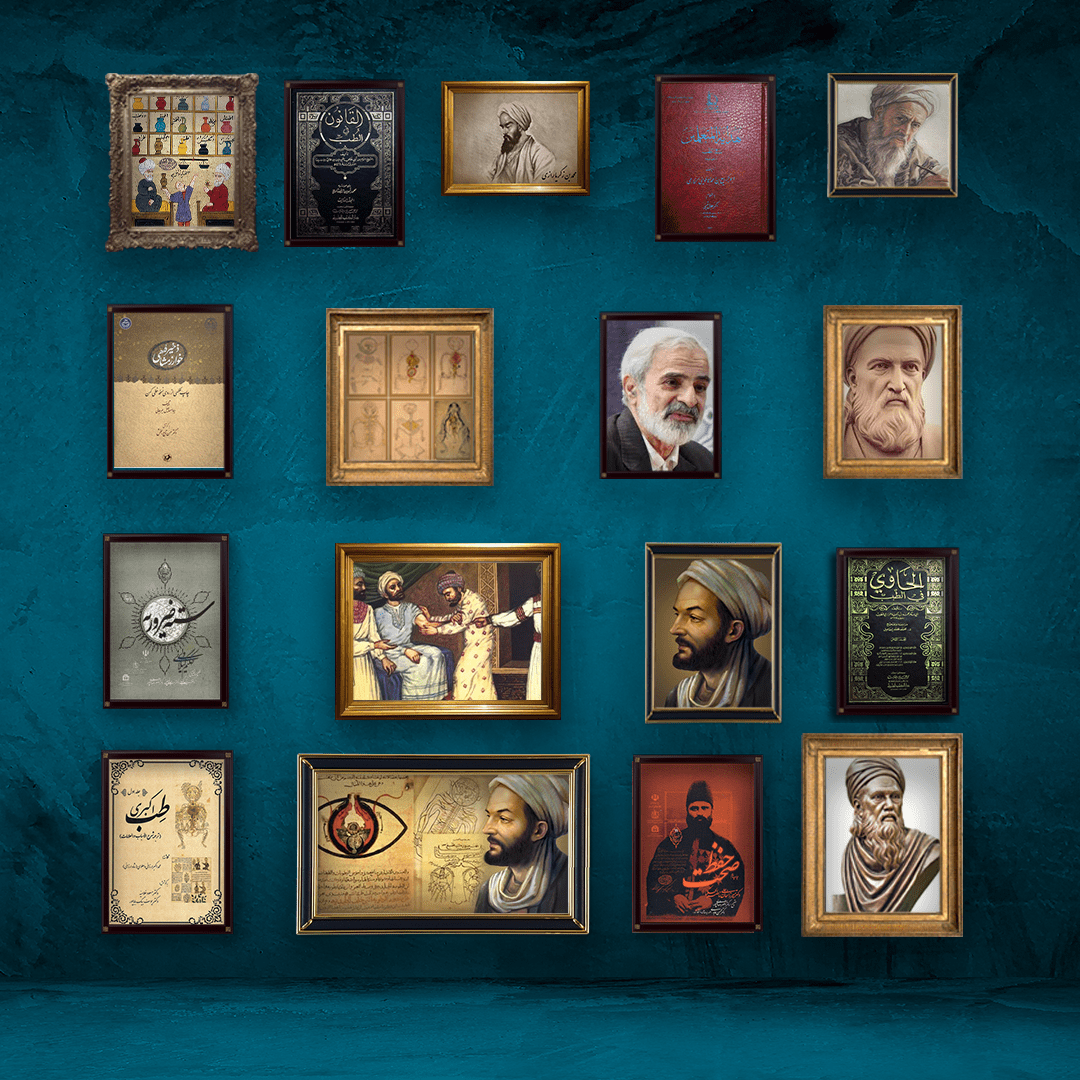
Introduction of Persian Medicine
Traditional Persian Medicine has a history of more than 7000 years. Until 19th century, famous texts of Persian Medicine, including Avicenna’s Canon of Medicine, were taught and respected in European countries.
Persian Medicine started its modern form of academic activities in 2007 at Tehran University of Medical Sciences with the cooperation of Shahed, Shaheed Beheshti and Iran universities. Every year students graduate in the fields of Traditional Persian Medicine and Traditional Persian Pharmacy with PhD grade from …. Academic groups from all over the country. More than 2,000 articles on Traditional Persian Medicine have already been published in valid journals.
Field of Activities
the health-care sector is in many ways the most consequential part of the our association. It is a fundamental part of people’s lives, supporting their health and well-being.
CAPM’s professional membership outside of Iran is open to anyone interested in the field of Integrative Medicine, especially Persian Medicine.
Integrative Medicine
Integrative Medicine is healing-oriented medicine that takes account of the whole person, including all aspects of lifestyle. It emphasizes the therapeutic relationship between practitioner and patient, is informed by evidence, and makes use of all appropriate therapies.
Persian Medicine
Persian traditional medicine is grounded in the concept of four humors: phlegm (Balgham), blood (Dam), yellow bile (Ṣafrā’) and black bile (Saudā’) .The four humors concept is based on the teachings of Rhazes and Avicenna into an elaborate medical system.
Naturopathic Medicine
Naturopathy or naturopathic medicine is a form of alternative medicine that employs an array of pseudoscientific practices branded as “natural”, “non-invasive”, or promoting “self-healing”. In Naturopathic medicine natural remedies are used to help the body heal itself.
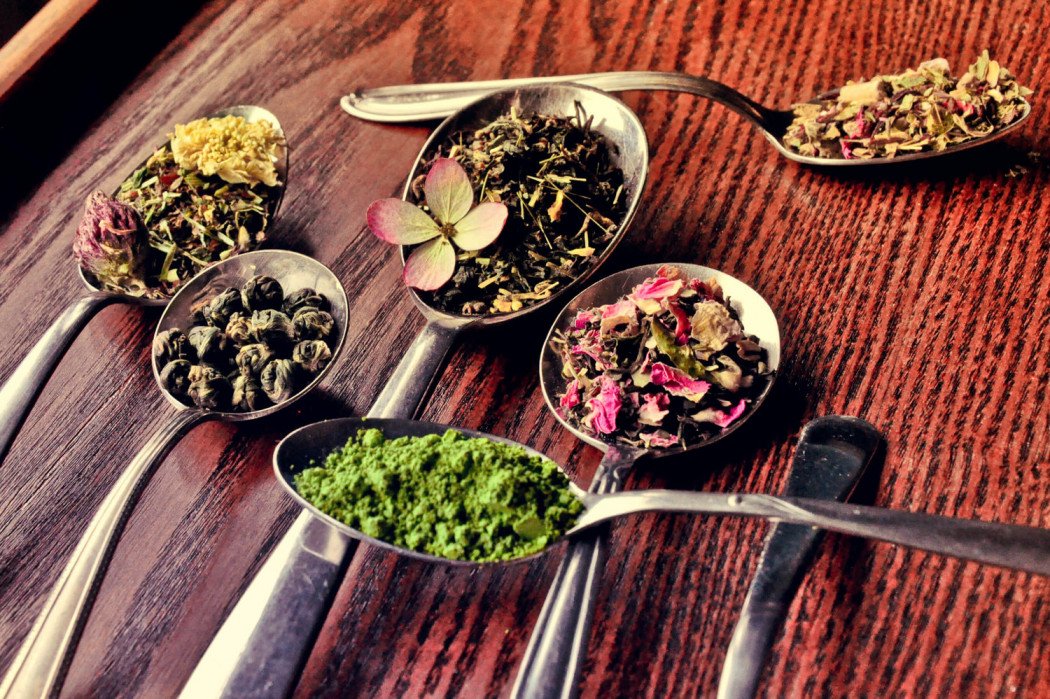
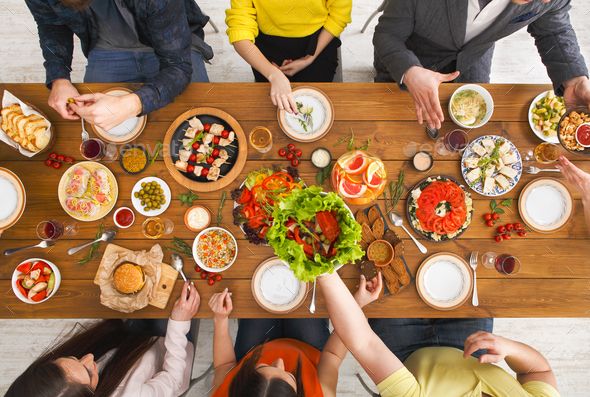
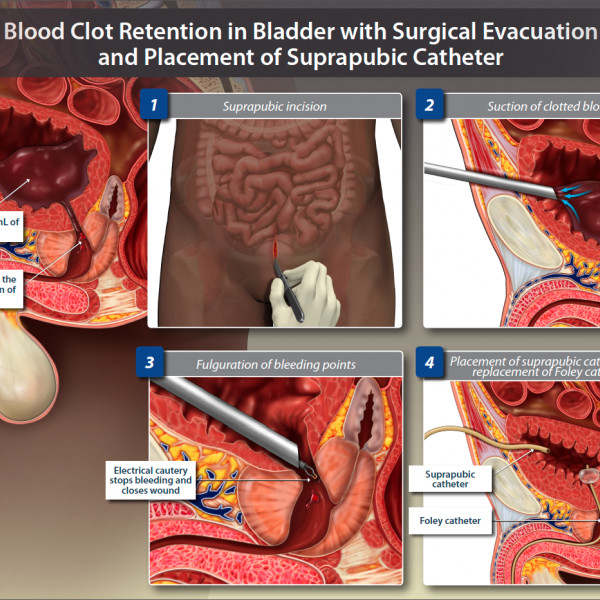
Retention and Evacuation
In the Persian medicine viewpoint, there are two groups of substances in the body, substances that must be maintained in the body to maintain health, substances that must be eliminated from the body. Retention” means to save and keep needed materials in the body in its appropriate level and “evacuation” means to purge and dispose of anything that qualitatively or quantitatively harms the body. Urination and defecation, exhalation, sweating, and menstrual bleeding are among the most important ways of the evacuation of body waste products. Any long-term disturbance in one of the processes leads to the accumulation of waste products in the body that in turn cause various diseases and especially chronic disease.
Excessive evacuation causes weakness, dryness and thinness of the body, sleep disorders and other diseases, on the other hand, excessive retention causes loss of appetite, obstruction, obesity and heaviness of the body, headaches, dizziness and other diseases.
Dr. Razie Nabi Meybodi
Editor and translator: Dr. Fatemeh Alizadeh Vaghasloo
Movement and stillness (exercise and rest)
From the viewpoint of Persian medicine’s great scholars (Hokama), including Avicenna (Ibn Sina), the first step in maintaining health is management of exercise. The best way to excrete waste products, caused by food maturation and digestion ( that are not excreted through urine or stool and are gradually accumulated in the body) is by doing exercise. The moderate and temperament-related physical activity enhances natural heat (Hararat-e-Gharizi), matures and dilutes waste substances and excretes them by sweating. Exercise should be in moderation. During exercise, if the breathing and sweating go excessive, the physical activity must be stopped.
According to Persian medicine’s viewpoint, conditions are mentioned for exercise, which if they are not observed, it will endanger health.
– The best time to exercise in the spring is around noon, in the summer is at the morning, and in the winter is in the evening; the intensity of exercise should be lighter in spring and summer and heavier in autumn and winter.
– Exercise time should be adjusted with eating time. Do not exercise when you are hungry and immediately after eating; it is also best to empty the bowels and bladder of urine and feces.
– People with hot and dry temperaments should not exercise excessively; On the contrary, people with cold and wet temperaments should exercise more than others.
– Drinking cold water during or immediately after exercise is not recommended.
– One of the best ways to relieve fatigue and muscle cramps after exercise or strenuous physical work is massaging with a proper oil after a warm bath. For hot area, violet oil and for cold area, chamomile and dill oil are recommended.
If the fatigue is due to walking, putting the feet in warm water is also useful for relieving fatigue.
Dr. Razie Nabi Meybodi
Editor and translator: Dr. Fatemeh Alizadeh Vaqasloo
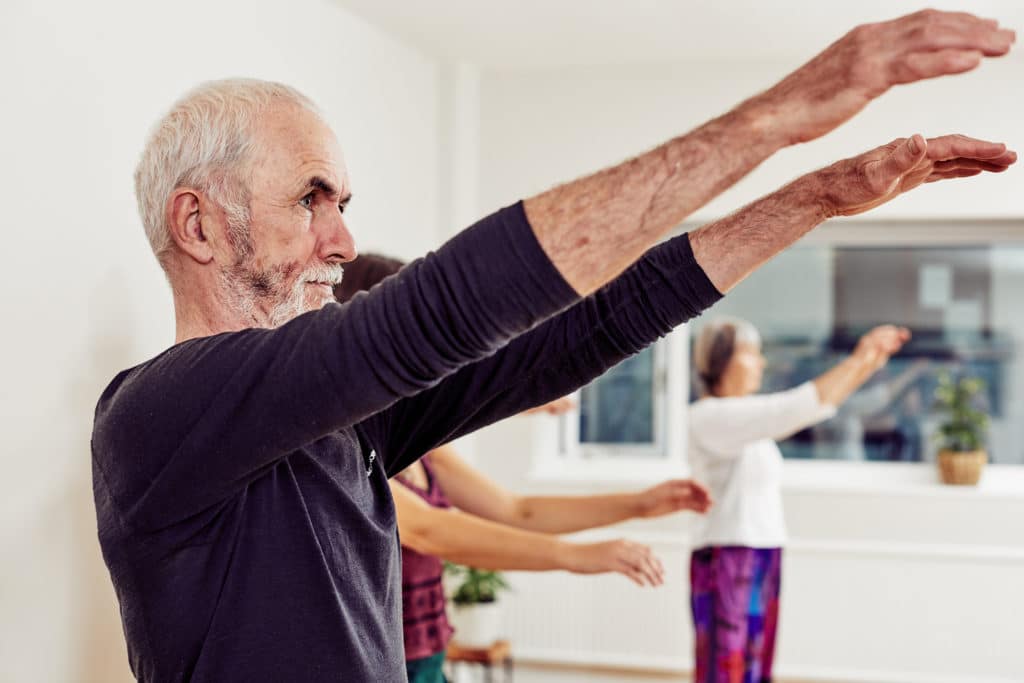
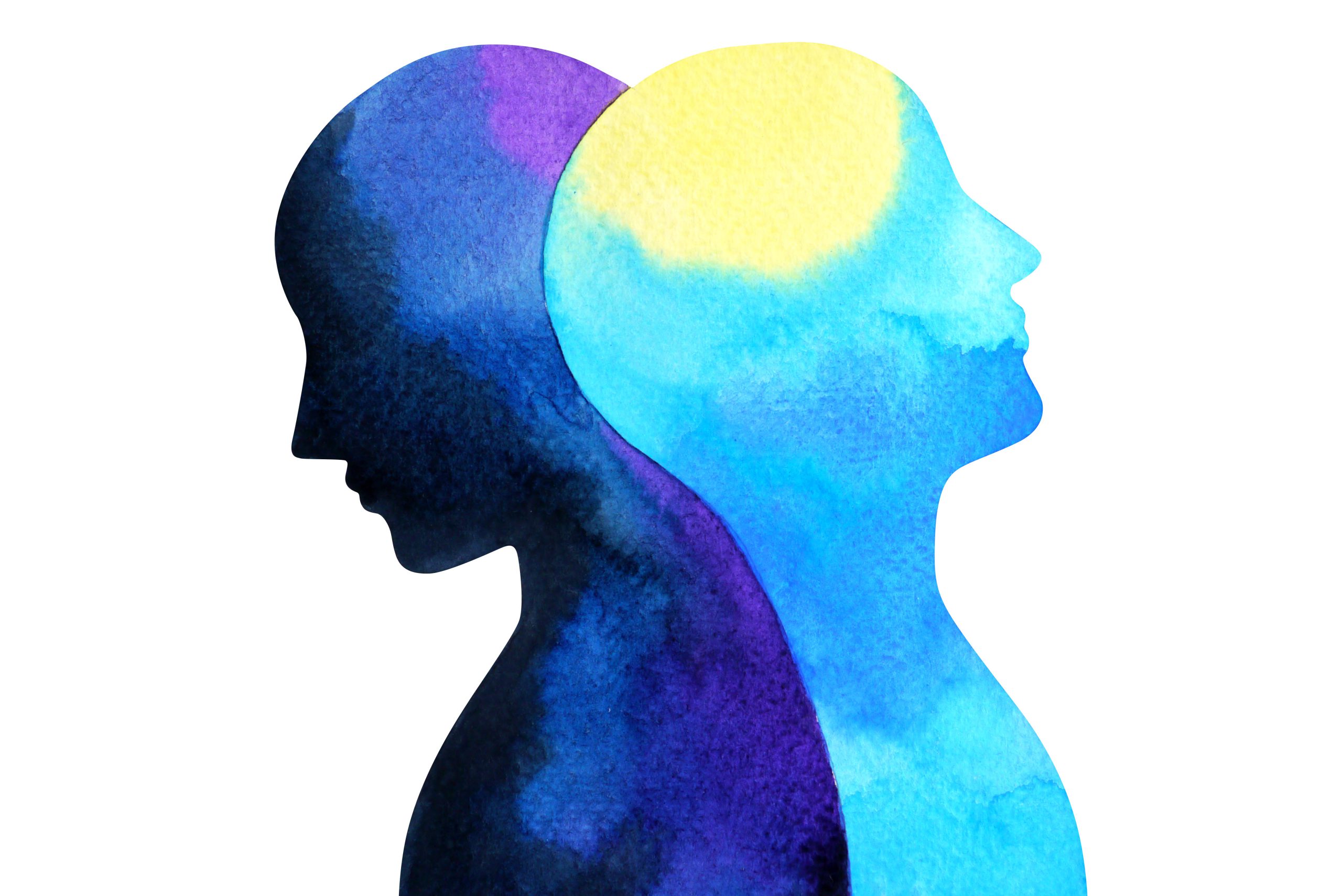
Psychological and mental reactions
In Persian medicine’s view point, psychological and mental reactions (Araz-e-Nafsani), play an important role in maintaining human health. they can have a very quick and profound effect on the health of individuals, even stronger and longer than the effect of food and drink and other principles of health (climate, sleep, exercise,…). Psychological reactions include anger, sadness, joy and happiness, fear and horror, and embarrassment. fear and depression lead to reduction of the body strength and slowness of the refreshing process after natural disaster; while moderate happiness boosts the strengths and increase the life expectancy.By knowing the temperament and quality of each person’s mental states, the effect of these states on the body can be predicted and evaluated and provide the basis for improving and controlling the person’s emotions and mental states. For example, in a person whose temperament is cold and dry, Grief has adverse effects and can even lead to illness in the person and if he has a melancholic dystemperment, cold emotions such as sadness and fear could aggravate its symptoms. For this person, behaviors that are accompanied by a little excitement are appropriate and it is necessary for this person to be exposed to these situations sometimes. Instead a person with a hot and dry temper or choleric dystemperment, should try to be less in a situation that causes excitement or anger.
Dr. Razieh Nabi Meybodi
Editor and translator: Dr. Fatemeh Alizadeh Vaqasloo
Air
One of the essential tools for maintaining health is the air around human beings. The best air is the air that maintains health during health and restores health during illness. It also strengthens the body and helps digestion.
Suitable weather feature:
Be temperate in terms of temperature
Free of dust and smoke
Free from toxic fumes and pollution such as the air around mercury and sulfur mines, swamps, ponds, garbage dumps, the air around trees such as walnuts and figs
orders to keep the air in the house clean
Avoid smoking at home and also using chemical air fresheners and insecticides.
Empty the inside of an apple or apple and fill it with rose water and put it on the heat to make it smell like home.
Pour a glass of vinegar in 18-20 glasses of water and put it on a very low heat to boil continuously.
Cut some onions, garlic and oranges or any of them that were available in half and put them in the corners of the room and the place of sitting and getting up, especially the sleeping place of the family, and after every 24 hours, the onion. Replace fresh garlic and oranges.
One of the important factors affecting the weather is the change of seasons.
Seasonal measures from the perspective of traditional medicine
Spring temperament
Warm and humid in moderation and suitable for all ages, especially middle-aged
Common spring diseases
Diseases such as nosebleeds, blood clots, pimples, swollen pimples, pimples, itching and colds, hoarseness, and cough are more common this season.
Spring orders
Helping nature to excrete waste products from the body such as: drawing blood, giving laxatives
Eat less blood-forming foods such as meat and sweets. Exercise and rest in moderation.
Summer temperament
Hot and dry. Suitable for old age.
Common summer diseases
Indigestion and gastrointestinal diseases are more common.
Important summer orders
Reduce the volume of snacks, especially lunch. Consume fast digestible and light foods. Less exercise and more rest.
Autumn temperament
Cold and dry and agrees with childhood
Common diseases of autumn
Depression, stroke and heart disease, skin diseases such as eczema
Fall Season orders
Avoid consuming too much fruit. Use more hot and fresh foods and sweets.
Winter temperament
Cold and wet and agree with the temperament of young people and hot and dry people
Common winter diseases
Joint pain, lung diseases such as pneumonia
Winter orders
Consumption of nutritious foods such as kebab, culture with spices such as cinnamon and cumin. Most sports activities. Avoid excessive rest.

Our
Mission
With respect of Canadian public health regulations we try to provide best levels of health care education in the fields of Integrative Medicine, Persian Medicine and Naturopathic Medicine for Canadians
Join Our Association
Subscribe for free resources and news updates.
[quform id=”5″ name=”newsletter”]
Our final goal
is to promote and improve the practice of Persian Medicine to play a role and help the global movement towards integration of useful traditional and complementary medicine with mainstream medicine for the benefit of mankind.
Workshop of Persian Medicine
Approach to Integrative Medicine
1-What is Persian Medicine?
2-Problem-Oriented Medical Diagnosis
3-The Six Essential Factors of Health Management
4-Culinary Medicine: A Persian Medicine Viewpoint
5-Materia Medica: A Persian Medicine Viewpoint
6-Integrative Pulse Diagnosis: A Persian Medicine Approach
7-I ntegrative Dermatology: A Persian Medicine Approach
8-Integrative Rheumatology: A Persian Medicine Approach
9-Integrative Oncology: A Persian Medicine Approach

Professional Membership
Category
-
Diet therapy
-
SINA therapy
-
Leech therapy
-
Herbal therapy
-
Cupping
-
Massage
-
Pulse Diagnosis
-
Aromatherapy
Members
Courses held
Events held
Online consultation hours
Our Blog
Lorem ipsum dolor sit amet, consectetuer adipiscing elit, sed diam nonummy nibh euismod tincidunt ut laoreet dolore magna aliquam erat volutpat.
Persian Medicine Cources
Lorem ipsum dolor sit amet, consectetuer adipiscing elit, sed diam nonummy nibh euismod tincidunt ut laoreet dolore magna aliquam erat volutpat.


